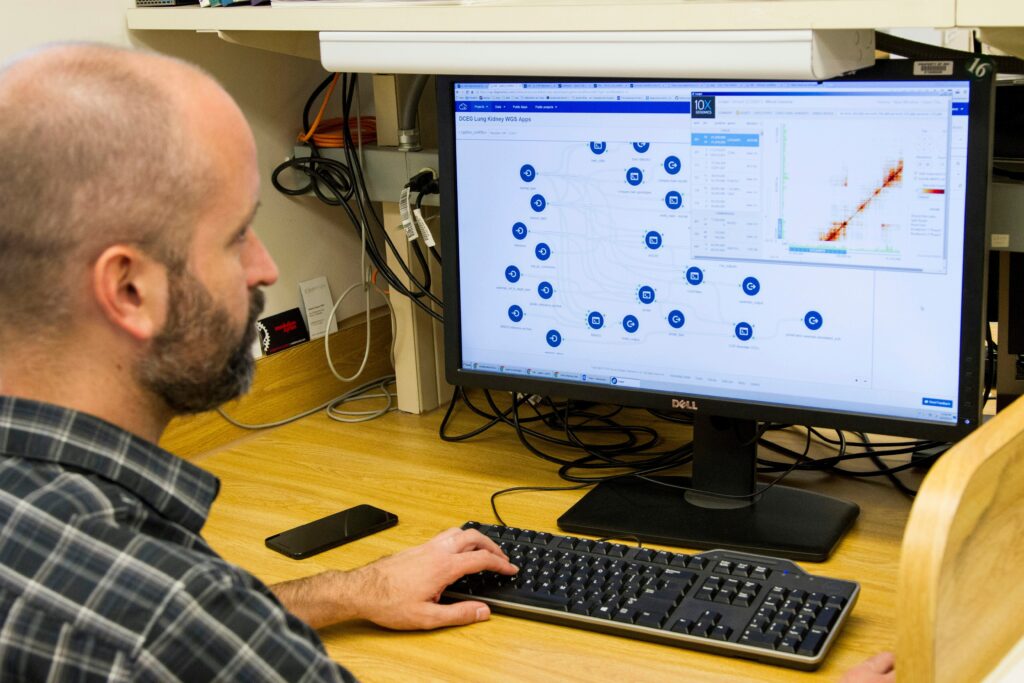
Innovative interventions led by community health workers have significantly increased treatment utilization among families with children diagnosed with ADHD, according to a pilot study published in the Journal of Attention Disorders. This initiative, aimed at parents and caregivers, addresses topics such as ADHD education, stigma, and barriers to care, with the goal of reducing inequities in access to evidence-based treatment and enhancing family engagement in ADHD care.
The study’s lead author, Dr. Andrea Spencer, Vice Chair for Research at the Pritzker Department of Psychiatry and Behavioral Health at Ann & Robert H. Lurie Children’s Hospital of Chicago, highlighted the disparities in ADHD treatment. “We know from previous studies that compared to White youth, Black, Hispanic, and Asian children with ADHD receive less treatment, including fewer visits with a healthcare provider and lower medication use,” she stated.
Addressing Disparities in ADHD Treatment
Dr. Spencer expressed enthusiasm about the community-based approach, which has shown success in managing other pediatric conditions like asthma. “When so many children have an illness and access to care is inadequate, we need to think beyond individual patient interactions and develop public health solutions,” she explained. “This is the first study to use an intervention for ADHD delivered by community health workers.”
ADHD, a neurobiological condition affecting about 6-8 percent of children, can lead to lifelong challenges, including educational and occupational underachievement. Effective treatment typically involves a combination of FDA-approved medication, behavioral therapy, and school accommodations, all of which can significantly reduce symptoms and improve outcomes.
Barriers to Effective ADHD Care
Dr. Spencer identified several barriers to ADHD care, including logistical issues such as finances, insurance, transportation, and childcare. Additionally, stigma, discrimination, and implicit bias can hinder families’ engagement with ADHD care for their children.
To develop the intervention content, Dr. Spencer and her team consulted a Community Advisory Board comprising racial and ethnic minority caregivers of children with ADHD, public school staff, pediatric clinical providers, child mental health clinicians, and equity researchers.
Community-Based Intervention and Its Impact
The intervention involved six hour-long sessions where community health workers engaged families in discussions about evidence-based ADHD treatment, myths versus facts, and strategies to combat stigma and discrimination. Participants learned how to empower their children, navigate care systems, communicate with clinicians, and advocate for their child’s needs. Feedback from participants was used to refine the content.
The pilot study initially included 18 caregivers of children aged 6-12 with recently diagnosed ADHD. Of these, 15 completed the intervention, 16 completed all study questionnaires, and 13 participated in exit interviews.
“We received overwhelmingly positive feedback about the content and strategy addressing stigma,” said Dr. Spencer. “Caregivers reported that the intervention helped them confront their own stigma about ADHD, as well as stigma from others.”
Almost all caregivers (88 percent) agreed or strongly agreed that the intervention was helpful. A significant majority (94 percent) reported feeling more confident in seeking ADHD treatment, and many indicated a greater likelihood to consider medication (69 percent), therapy (75 percent), and school services (88 percent) for their child’s ADHD.
Statistical Improvements in Treatment Utilization
The study reported an increase in children receiving outpatient treatment services post-intervention, including a rise in medication use (from 38 percent to 50 percent), therapy use (from 31 percent to 69 percent), and a statistically significant increase in school accommodations (from 38 percent to 88 percent).
“Based on our promising results, we are planning a larger study, a randomized clinical trial, to evaluate the effectiveness of our intervention,” Dr. Spencer announced. “Ultimately, we hope to improve outcomes for children with ADHD, especially for kids from minoritized racial and ethnic backgrounds.”
Looking Forward: Expanding the Research
The study was conducted at Boston Medical Center/Boston University Chobanian & Avedisian School of Medicine. Ann & Robert H. Lurie Children’s Hospital of Chicago, a nonprofit organization, is committed to providing exceptional care for every child and is a leading institution for pediatric research and training.
As this community-based approach to ADHD care continues to demonstrate success, the potential for broader implementation could transform how ADHD is managed, particularly for minority families who have historically faced barriers to accessing care. The planned larger study will further explore the intervention’s effectiveness, potentially setting a new standard for ADHD care across diverse communities.





